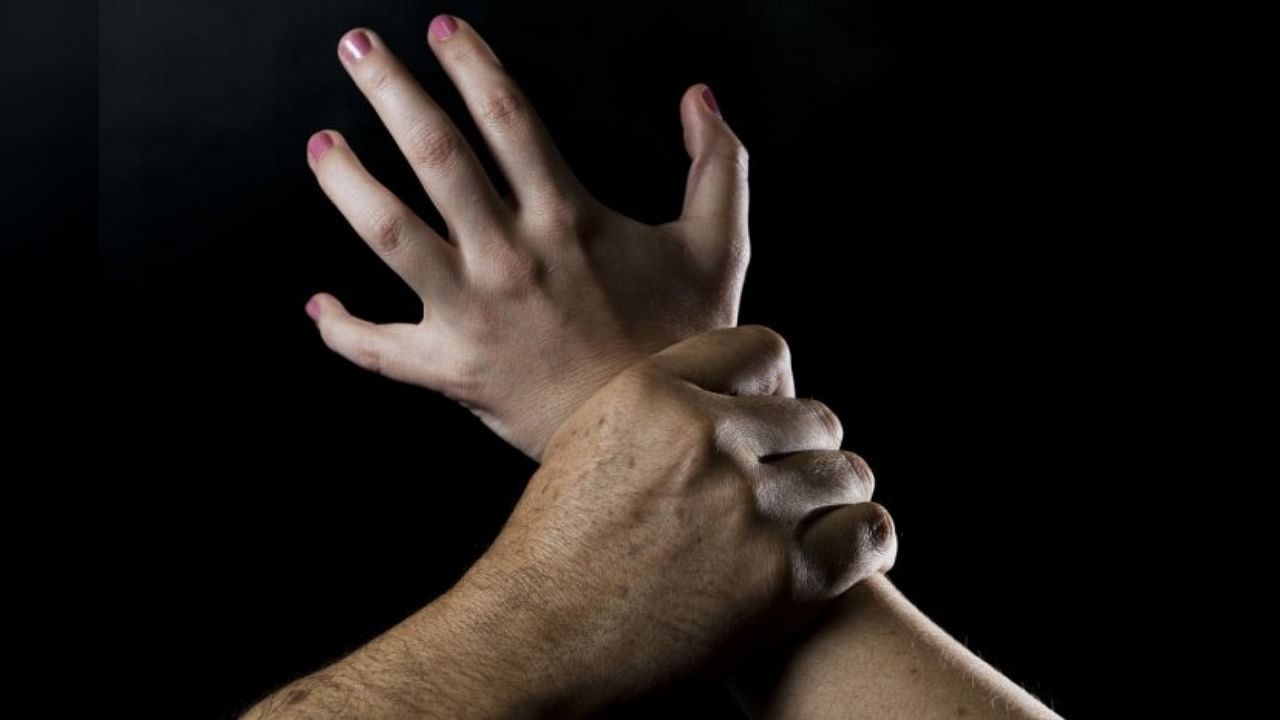
One more gang-rape of a young woman. I am not surprised. But this time, it happened in Mysuru, my hometown. Not that I believed that rapes do not happen in Mysuru. Though I don’t live there anymore, I always think of Mysuru as different from any other city. I believed it has the capacity to nurture people, give them a soul and a moral anchor, not just house them. But a girl was brutalised on the foothills of Chamundi Hills. Goddess Chamundi is the patron deity of the city, extending her protection to its people. Why wasn’t the young woman secure at Chamundi’s own abode? This incident, and Chamundi’s silence, has hurt me, left me exhausted.
In the days since the incident, everyone, including the Home Minister of Karnataka, have asked: Why did the girl go to such an isolated place so late in the evening? This is even more tiring. How long are we going to ask this question? Are women, young and old, spared from physical violence if they were to stay at home all the time? Haven’t we read enough about domestic violence which, especially during the pandemic, has become another epidemic, prompting UN Women to characterise it as a ‘shadow pandemic’?
Will girls be safe if they have men around to protect them? Who among the men will own that responsibility? More importantly, what will they protect -- a woman’s physical safety, chastity, emotions and aspirations or autonomy? What means will they adopt to protect women they are responsible for? Will they use arms, rhetoric to do so or will they create a separate safe world for women at home?
Research has conclusively shown that close relatives and trusted friends are more often the perpetrators of physical violence on women than strangers one encounters in desolate places. While such research has centred around questions of physical safety of women at home and out in the world, our conversations cannot be limited to that. We also need to find ways of recognising how intellectual aspirations, emotional needs and friendships are stymied by male family members. This is perhaps as much or a greater threat to women’s self-realisation.
If men wish to take on the role of protecting women, then their role in society and goal in life is crystal clear: everyday they will keep an eye on their fellow men, who might be the perpetrators of violence against women. So far, men have failed in preventing other men from being the source of violence against women -- physical, psychological or emotional.
Some men might sincerely and firmly believe in creating a safe world for women. They might even collaborate with women protesters. They may have stormed the roads, streamed into social media, invaded the virtual space, and petitioned in courts. But what has been the impact so far of these sustained campaigns? Not much. Violence continues unabated. Men, led by the Home Minister of the state, continue to defend their fellow men by saying women should not go out after dark. The Vice Chancellor of Mysore University decides to ban the movement of women students within the campus after 6.30 pm.
I wonder if men feel straight-jacketed or objectified when defined as violent rapists. Do they feel ashamed of themselves or their gender? Or do they feel vindicated, emboldened by the defensive rhetoric offered by politicians and other men? Do men even want to offer a different collective narrative in public that differs from that which is defined by the actions of a few men?
Note that Karnataka’s Home Minister didn’t lack support for what he said in the social media space. His supporters continue to liken his statements to a father’s advice to his daughter. Does that mean the father has abandoned his son and has nothing to say to him? That he isn’t responsible for the morality of his son? Does the son, the one who takes the family name forward, not have to hear anything from his father about his attitude towards women?
Very often, men appear to make an effort to win over women by stating that they are different from other misogynists. That they are modern, cosmopolitan and believe in gender equality. This is, for the most part, convenient rhetoric to create a make-believe safe world for women.
As I ponder over all this, I begin to understand Chamundi’s silence. Just like me, perhaps, even she does not know from whom and from what she should protect women. The Month of Ashada has just passed, a month during which all of Mysuru visits the temple on Fridays. Navaratri is approaching. Chamundi is unlikely to appear in our world like the ‘Devi’ she is imagined to be. Should women and girls stop going to Chamundi Hills then?
(The writer teaches in Christ (Deemed to be) University, Bengaluru)